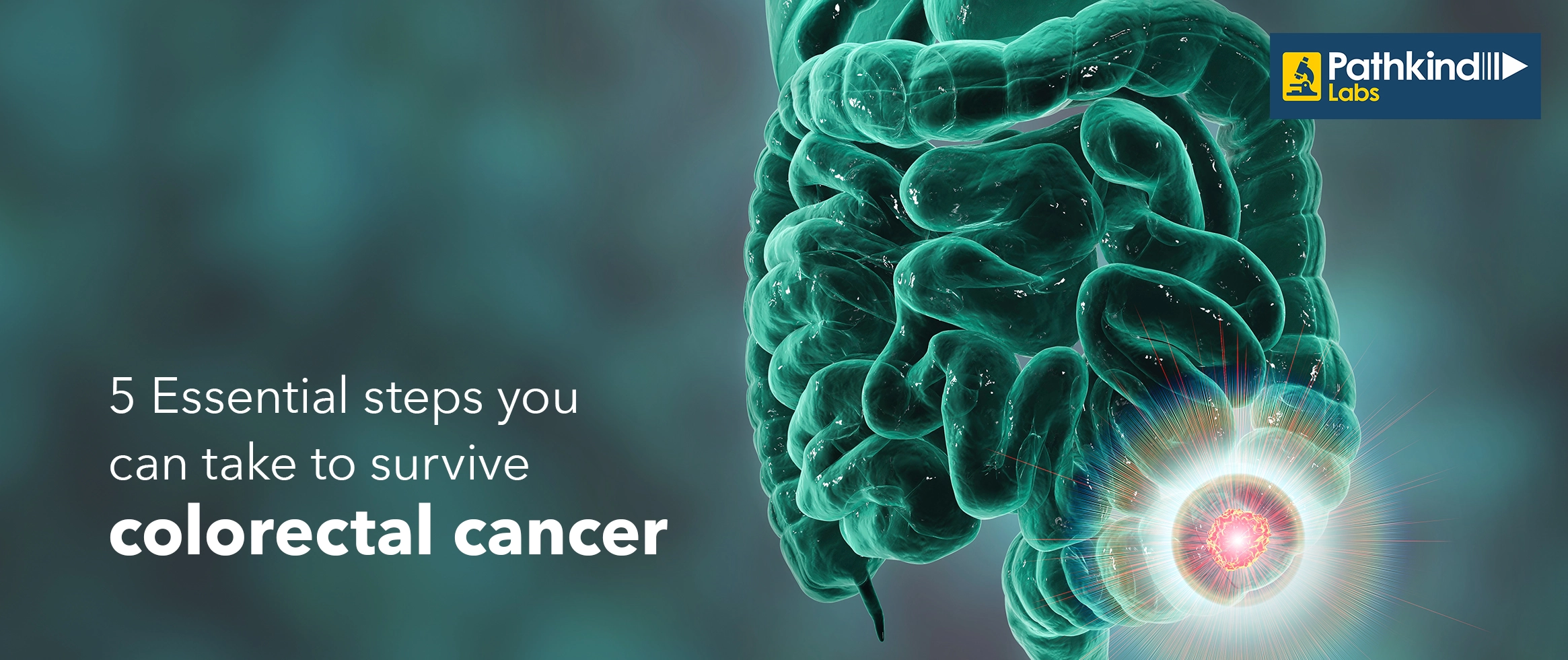The carcinoembryonic antigen (CEA) test is a blood test that measures the level of CEA in the blood. CEA is a protein that is normally produced during foetal development, but its production decreases significantly after birth. Elevated levels of CEA in the blood can be an indicator of certain cancers, particularly colon and rectal cancers. CEA testing is most useful with other diagnostic tools, such as imaging scans and biopsies. The test may also be used to monitor the effectiveness of cancer treatment, as decreasing levels of CEA may indicate that the treatment is working.
What is a Carcinoembryonic antigen (CEA) test?
The carcinoembryonic antigen (CEA) test is a blood test that measures the level of CEA in the blood. CEA is a protein that is normally produced during foetal development, but its production decreases significantly after birth. Elevated levels of CEA in the blood can be an indicator of certain cancers, particularly colon and rectal cancers. CEA testing is most useful with other diagnostic tools, such as imaging scans and biopsies. The test may also be used to monitor the effectiveness of cancer treatment, as decreasing levels of CEA may indicate that the treatment is working.
What is the purpose of a Carcinoembryonic antigen (CEA) test?
The purpose of a carcinoembryonic antigen (CEA) test is to measure the level of CEA protein in the blood, which can be an indicator of certain cancers, particularly colon and rectal cancer. The CEA test is typically used to monitor the progression of cancer and the effectiveness of cancer treatment, as a rise or fall in CEA levels may indicate that cancer has spread or that the treatment is working. The CEA test is usually only performed when there is a suspicion of cancer or for monitoring purposes in individuals with a history of cancer.
What does the Carcinoembryonic antigen (CEA) test diagnose?
The carcinoembryonic antigen (CEA) test can diagnose the following diseases and disorders:
- Colorectal Cancer: The CEA test is most used to monitor colorectal cancer. The test can help to diagnose colorectal cancer and monitor the effectiveness of treatment.
- Other cancers: The CEA test may also be used to monitor other types of cancer, such as pancreatic cancer, lung cancer, breast cancer, and ovarian cancer.
- Non-cancerous conditions: Elevated CEA levels can also be found in non-cancerous conditions such as inflammatory bowel disease (IBD), liver disease, and chronic obstructive pulmonary disease (COPD).
- Smokers: The CEA test may also be used to monitor smokers for lung cancer development, as CEA levels can be elevated in smokers even without cancer.
Why Do You Need a Carcinoembryonic antigen (CEA) test?
A Carcinoembryonic antigen (CEA) test may be needed for several reasons, including:
- Monitoring cancer: The CEA test is primarily used to monitor the progression of certain types of cancer, particularly colon and rectal cancer. Elevated CEA levels can indicate cancer recurrence or spread.
- Assessing treatment effectiveness: The CEA test can also be used to evaluate the effectiveness of cancer treatment, as decreasing levels of CEA may indicate that the treatment is working.
- Diagnosing cancer: While the CEA test is not a definitive diagnostic test for cancer, it may be ordered alongside other diagnostic tests, such as imaging scans and biopsies, to help diagnose certain types of cancer.
- Detecting cancer recurrence: In some cases, the CEA test may be ordered after treatment to detect cancer recurrence.
- Screening high-risk individuals: In certain cases, such as individuals with a family history of colon cancer, the CEA test may be used as a screening tool to detect early signs of cancer.
Preparation and procedure required for the Carcinoembryonic antigen (CEA) Test?
There are no activity or diet restrictions before undergoing the carcinoembryonic antigen (CEA) test. You should inform your healthcare provider if you're taking drugs or medications, as they may lead to inaccurate results.
The carcinoembryonic antigen (CEA) test is usually performed in a clinic. The technician will clean the area over your vein with an antiseptic to reduce any chances of infection. They will then insert a needle into your vein. You may experience a tingling sensation or pain when the needle is inserted. After collecting the sample, the technician will remove the needle and apply a bandage at the puncture site. If you have had any problems in the past with the blood draw process, inform the technician beforehand. The collected blood sample will be sent to the lab for detailed evaluation.
Understanding the Carcinoembryonic antigen (CEA) Test results:
A single carcinoembryonic antigen (CEA) test may give your healthcare provider an idea about what is happening in your body. This test will have to be repeated if it is abnormal.
The CEA levels that are considered "normal" can vary depending on the lab where the test has been conducted. A normal CEA result in adults is as follows.
- Equal to or less than 2.5 ng/ml in non-smokers.
- Equal to or less than 5.0 ng/ml in people who smoke.
- In smokers, CEA over 5.0 can indicate benign inflammatory conditions, cancer, or both.
- If the CEA is over 10.0 ng/ml, it indicates cancer.
- A CEA over 20.0 ng/ml can be a sign that cancer has metastasized.
High levels of CEA (sometimes over 100 ng/ml) are quite common, with metastases to the peritoneal cavity, pleural cavity, and central nervous system.
There are also some exceptions to this rule. For example, if the CEA is over 20.0, it may be due to a benign condition, like hypothyroidism and early-stage cancer, in a person who smokes.




 NABL approved
NABL approved  Most Trusted by
Most Trusted by  Accuracy &
Accuracy &  Widest Range
Widest Range 













